Guest Spotlight – Patty: Different Paths Require Varied Solutions
Patty, a 60-year-old woman, her disabled husband and their elderly cat were houseless after they got evicted from their home for allowing a family member - who was unhoused - stay with them. For this kindness, they lost everything. For a while they managed by finding a weekly motel rental, and with Mike’s SSDI check they kept the rent paid. Food stamps and food banks kept them fed and Medicaid took care of health issues. Even though they struggled the last 10 days of the month to cover rent, they could manage.
Neither of them had ever experienced not having a home before. This was all new. They knew there were programs to assist with renting an apartment and were optimistic that their stay in the motel would be short term. A year later, they had to leave when the motel was sold and the new owners were not allowing long-term guests. Houseless again, they found the programs available for those in need were not so helpful. For example, shelters would not accept their cat nor allow Patty and Mike to sleep in the same quarters even though he needed her help, having use of only one arm. For them, residing separately at the shelter was not an option. With limited low-income apartment complexes available to rent, they weren’t finding any openings. Also, even though they could afford the monthly rent, they lacked the funds for the first-month’s rent and a deposit. So, they rented a small storage unit and began living in their car.
Optimistic that this was temporary, they assumed as long as they had gas for the car, they’d stay warm, and if the car didn’t break down, they’d be alright. Their first hurdle was where to park at night. They learned that they could park at truck stops overnight as long as they were out of the way, but after a couple of weeks they were told there was a 2-hour limit, so they tried a 24-hour supermarket. These were convenient because they could use the bathrooms to take a “bird bath” and change clothes. Police checked to see if they were OK but never offered any helpful suggestions.
They lived in their car for three years, and it was a daily struggle. Not one day went by that Patty didn’t think about just giving up. Her car was no longer shelter or transportation—she considered it her coffin. Finally, they found the Colorado Safe Parking Initiative, and had a safe place to sleep without the worry of being woken, moved along, getting a ticket, or being put in jail. Their assigned SafeLot provided a porta-potty, two evening meals per week and the opportunity to shower twice a week. After several months at the SafeLot and connection to support services via a CSPI case manager, they finally secured an apartment.
Being unsheltered opened Patty’s eyes from thinking (as much of society does) that unsheltered people must be drug addicts, junkies, or alcoholics. She learned that every houseless person got there on a different path and so the solutions need to be varied —one size does not fit all. She believes the Colorado Safe Parking Initiative is a great program because it is geared toward people living in their cars – an often unseen subset of the houseless community - and that more cities like Denver need SafeLots.
She strongly feels that more services and support should be included to meet different types of needs, like adding some SafeLots that are open 24 hours. She’d like more advocacy to change the way society looks at people who have no home and to offer compassion and care for each other, offer a solution, volunteer, donate funds, food or necessities. More accessible housing options also must be available, and the time frame to get into housing needs to be expedited. Patty believes if everyone can do a little bit, it could help many unsheltered people overcome their situation.

